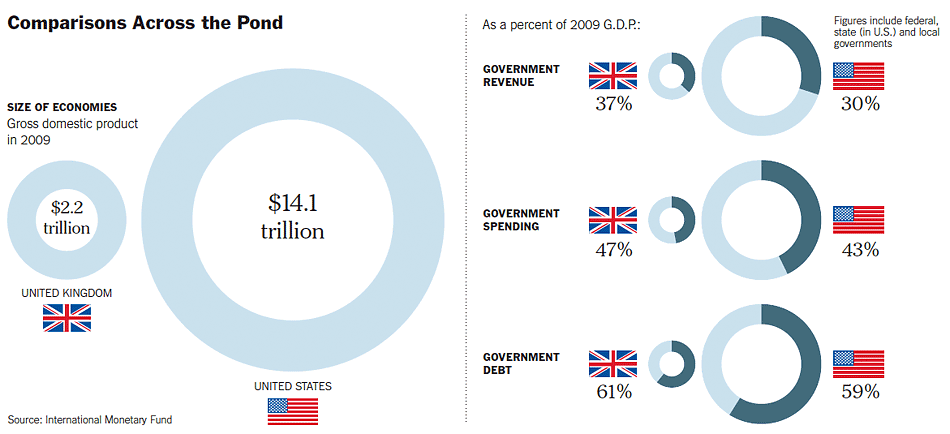| Want to send this page or a link to a friend? Click on mail at the top of this window. |
| More Books and Arts |
| Posted October 26, 2010 |
| The British Ax, if Imported to the U.S. |
|
By DAVID M. HERSZENHORN |
 |
| Wehaitians.com, the scholarly journal of democracy and human rights |
| More from wehaitians.com |